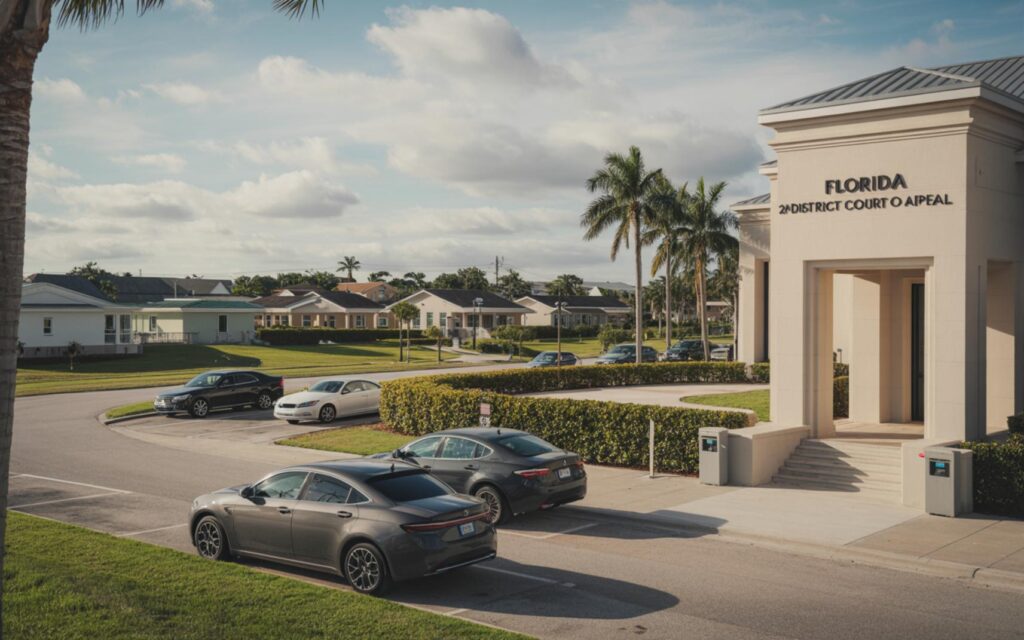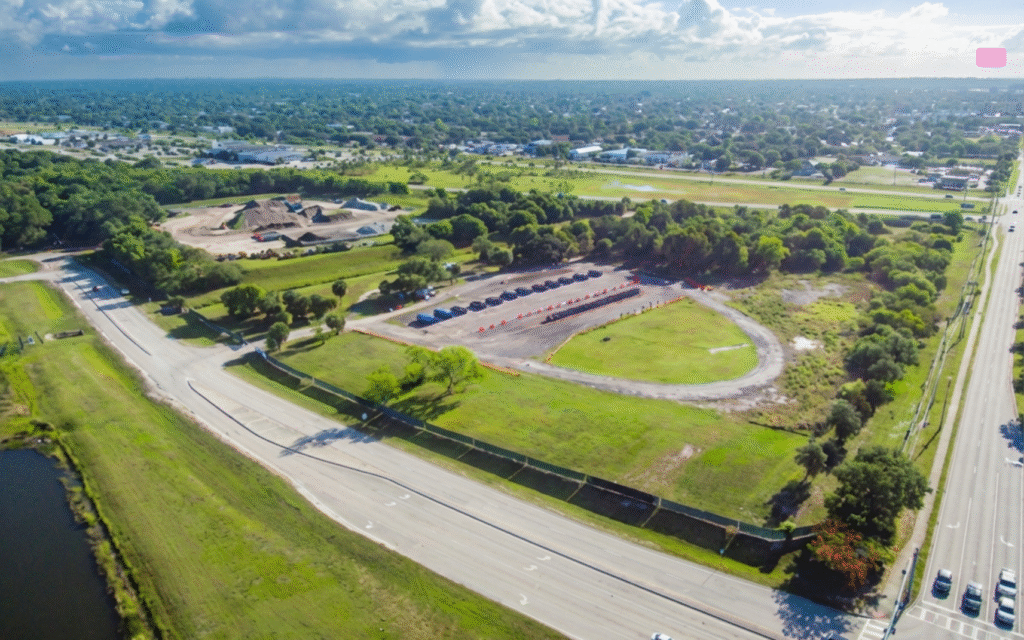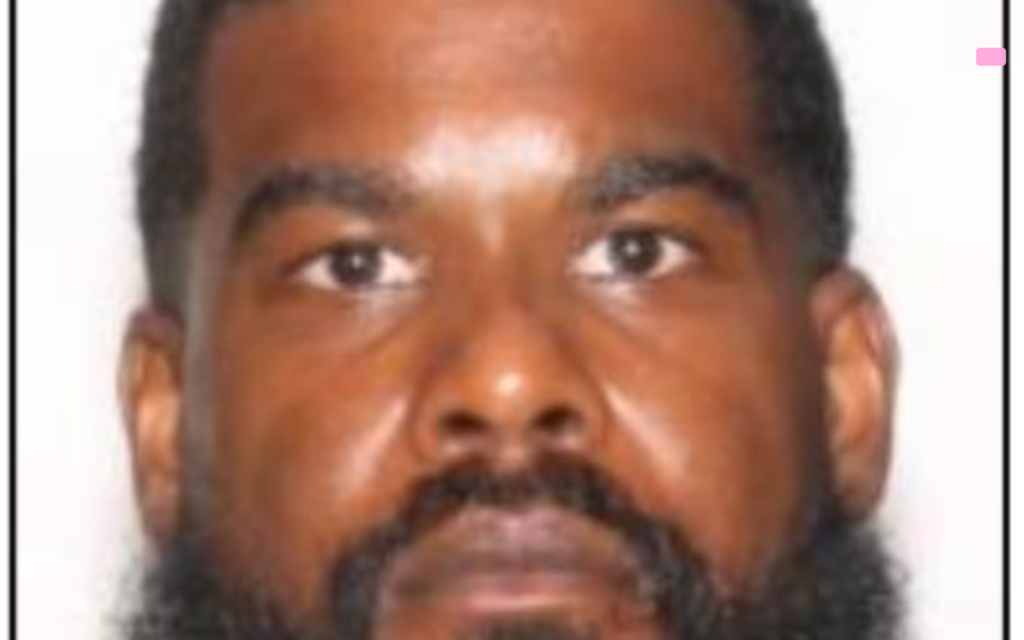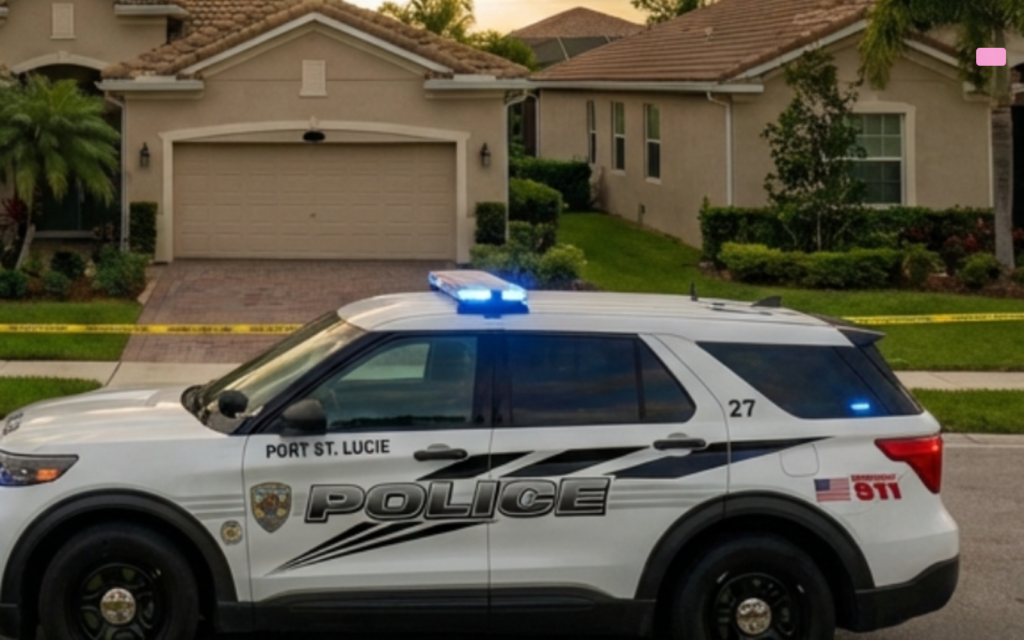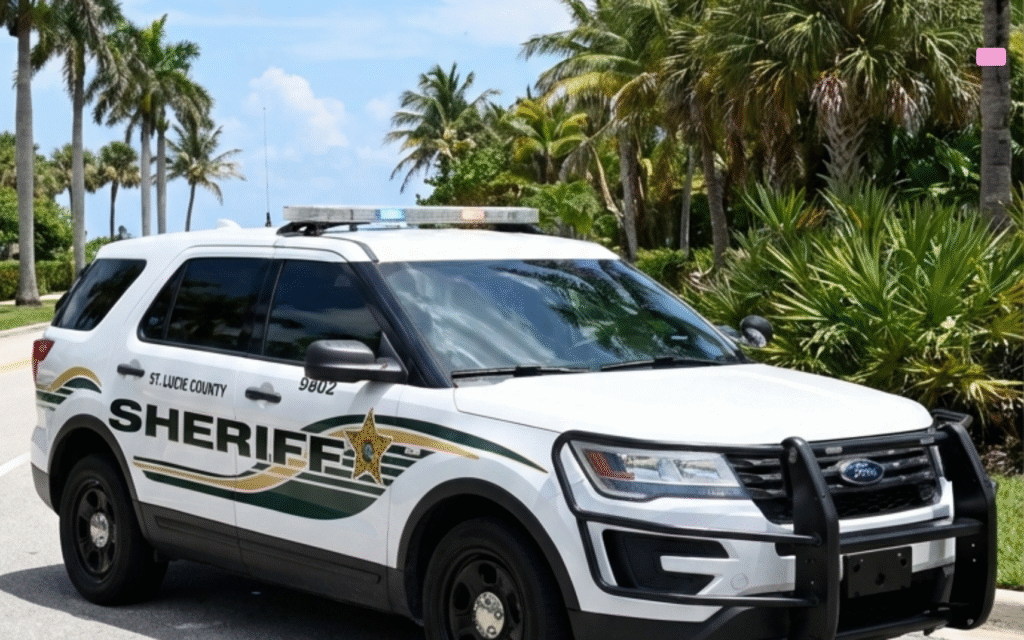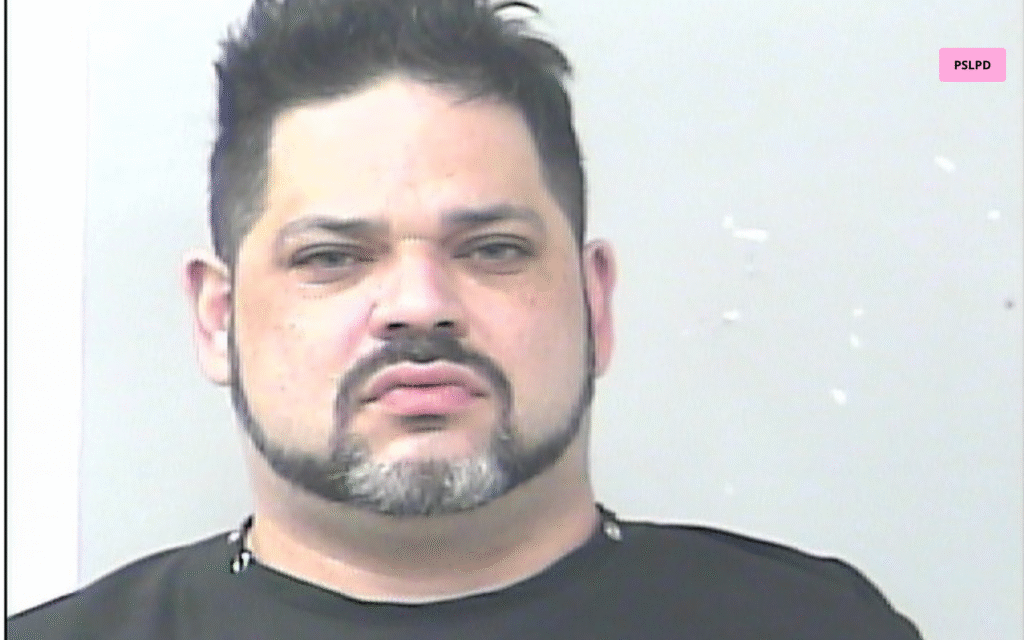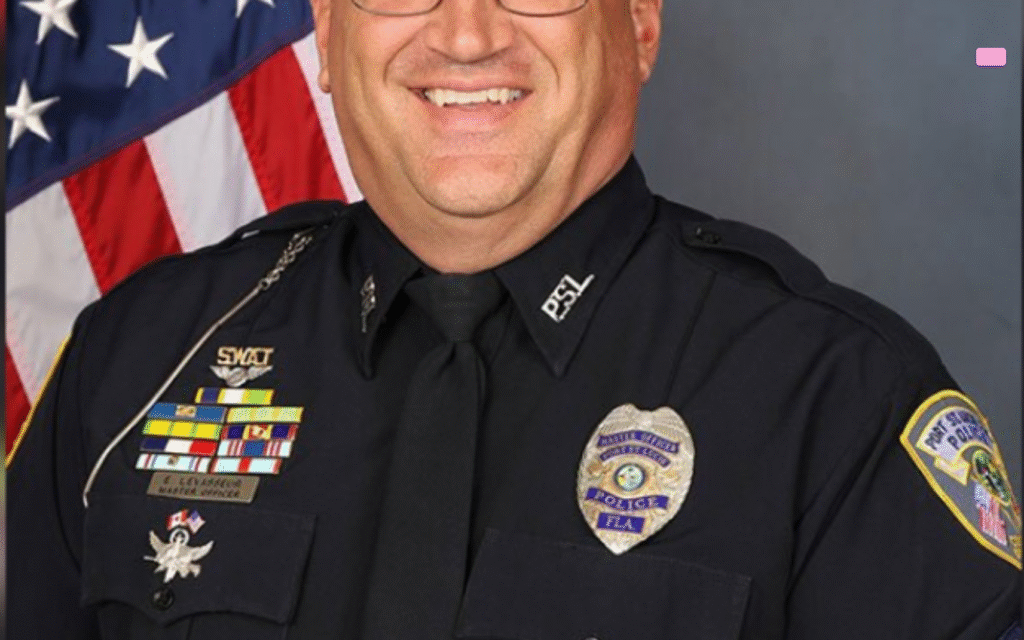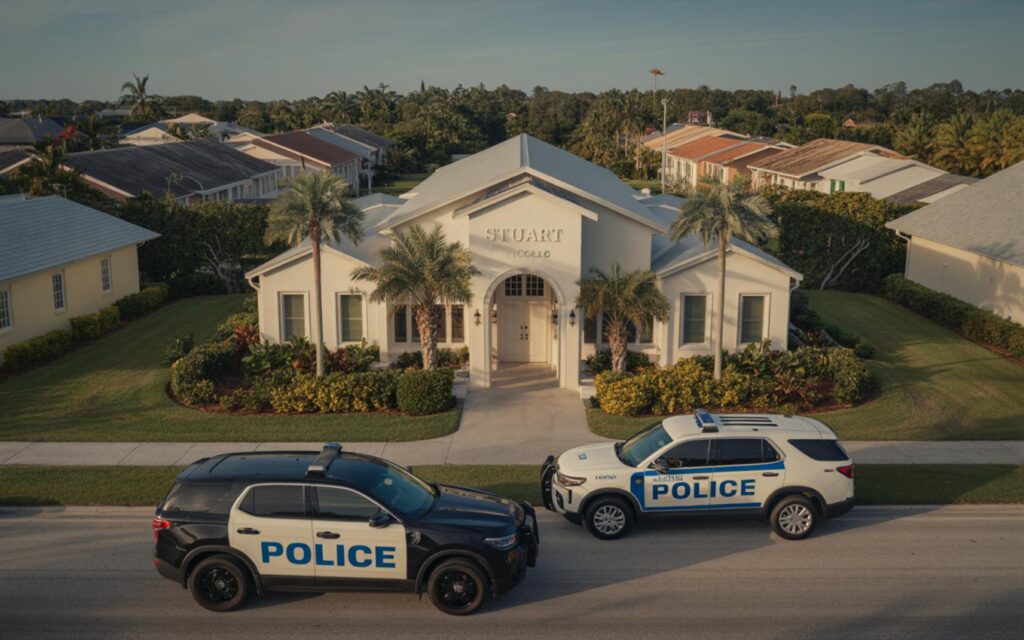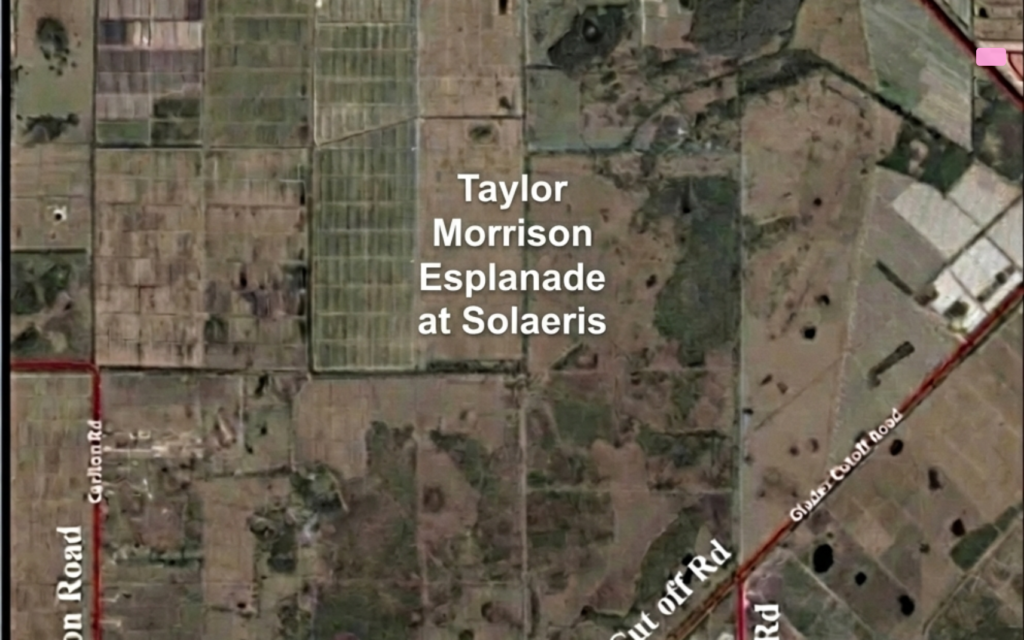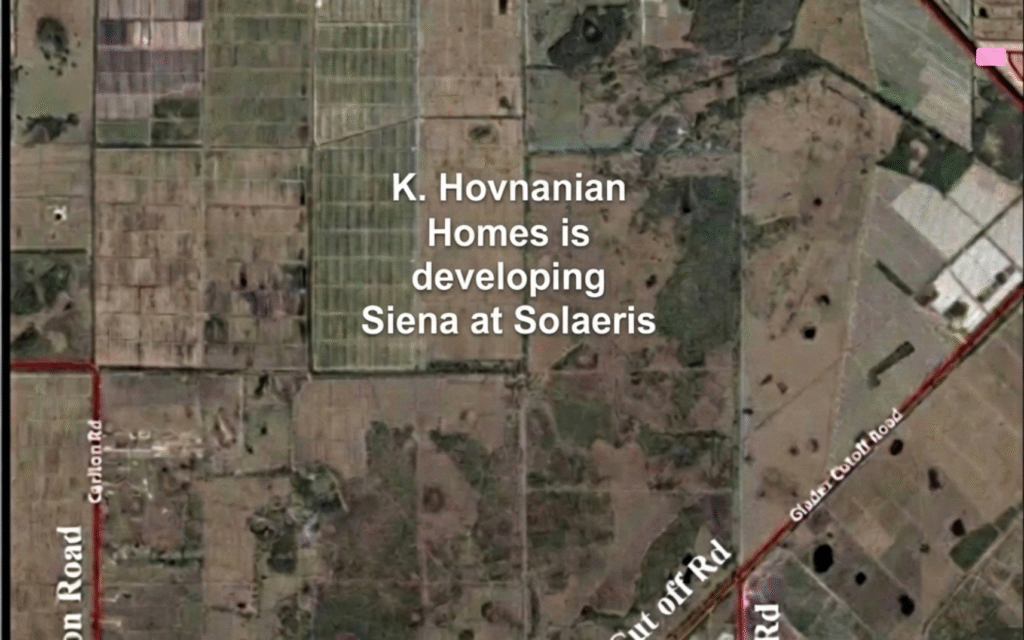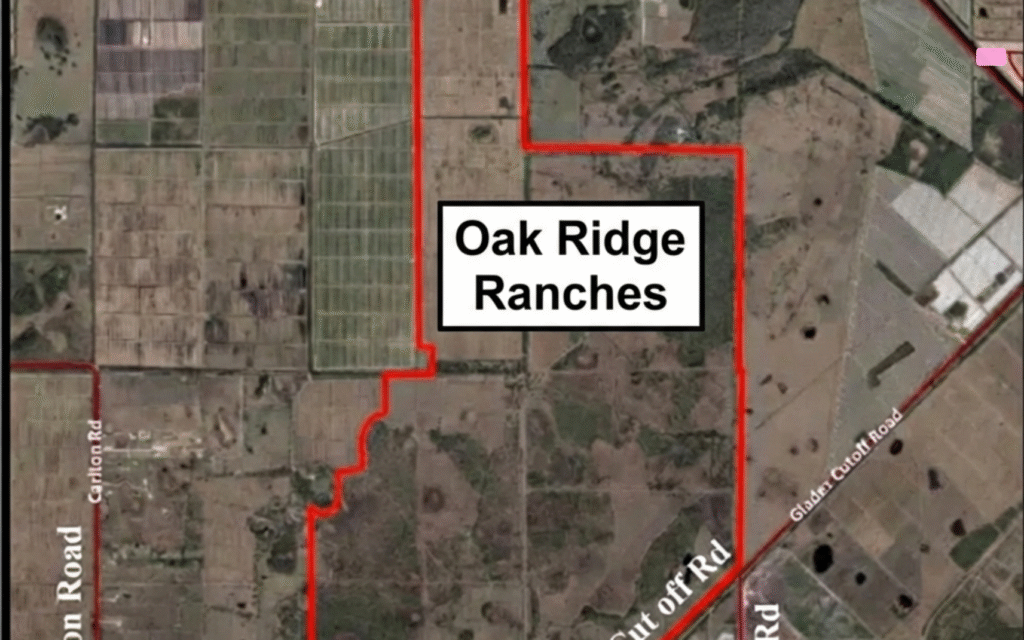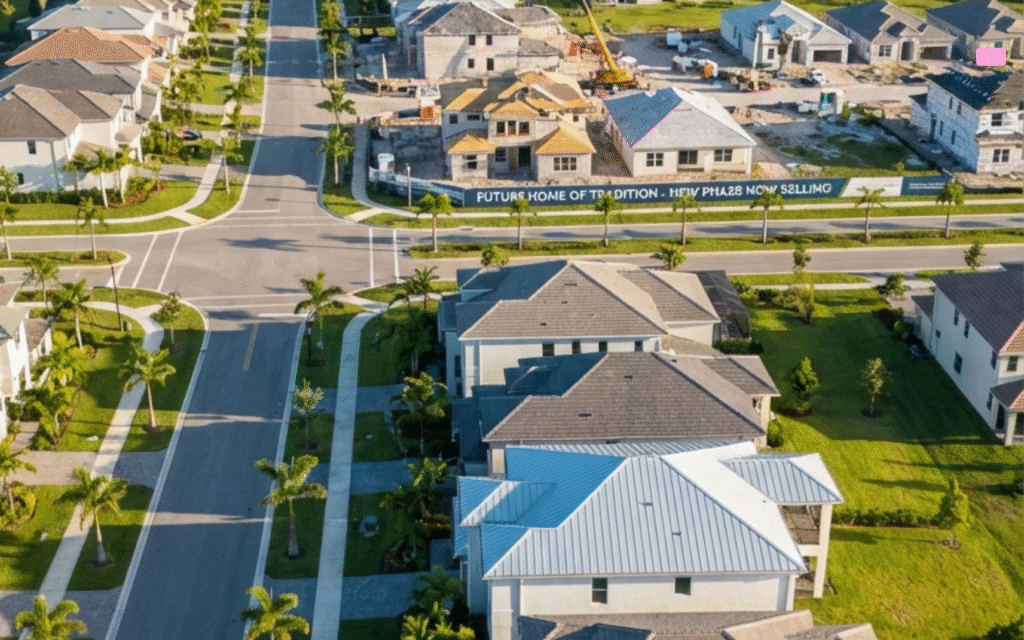A Florida appeals court has overturned a high-profile jury verdict that awarded over $200 million to the Kowalski family in their lawsuit against Johns Hopkins All Children’s Hospital. The case, which has drawn national and international attention, centers on the hospital’s response to suspected child abuse and the legal protections for healthcare providers in such situations.
Florida Appeals Court Decision on Johns Hopkins All Children’s Hospital
The main keyword, Florida appeals court, is central to this legal development. The court’s recent decision vacates the previous multimillion-dollar judgment against the hospital. According to official court documents, the appeals court found that the trial court misapplied Florida’s statutory immunity for mandatory reporters of suspected child abuse.
Under Florida law, individuals and institutions who report suspected child abuse in good faith are protected from civil liability. The appeals court concluded that Johns Hopkins All Children’s Hospital acted in good faith during its child protection activities, which included reporting concerns about a minor patient.
Background of the Kowalski Family Lawsuit
The lawsuit originated from events in 2016 involving Maya Kowalski, then a 10-year-old patient diagnosed with complex regional pain syndrome. She was admitted to Johns Hopkins All Children’s Hospital for severe pain management. Her mother advocated for ketamine treatment, which led hospital staff to suspect possible child abuse and notify authorities, as required by law.
After the hospital’s report, Maya was separated from her family for several months. During this period, her mother died by suicide in 2017. The case later gained widespread attention, especially after being featured in a widely viewed Netflix documentary.
Details of the Original Jury Verdict
In 2023, a jury found Johns Hopkins All Children’s Hospital liable on multiple counts, including:
- False imprisonment
- Medical negligence
- Battery
- Fraud
- Intentional infliction of emotional distress
The jury awarded $211 million in compensatory damages and $50 million in punitive damages. The trial judge later reduced the total to approximately $213 million. However, the hospital appealed the verdict, challenging both the legal basis and the evidence for several of the claims.
Legal Reasoning Behind the Appeals Court Ruling
The Florida appeals court determined that the trial court did not correctly apply statutory immunity for mandatory reporters of suspected child abuse. According to the court, such immunity is designed to protect healthcare providers and institutions when they report suspected abuse in good faith, even if later investigations do not confirm abuse.
The appeals court found that Johns Hopkins All Children’s Hospital acted within its legal responsibilities and was therefore immune from most of the claims, including those related to reporting suspected abuse. The court also ruled that the trial judge should have granted a directed verdict or a new trial for the hospital on several claims due to insufficient evidence, particularly regarding punitive damages.
Impact on Remaining Legal Claims
While the appeals court vacated the jury’s verdict and the substantial damages award, it did not end the legal proceedings entirely. The court allowed for a new trial on a limited set of claims, specifically:
- Intentional infliction of emotional distress (for Maya)
- Battery
- False imprisonment
- Medical negligence
This means the Kowalski family may still pursue these claims in a new trial, but the scope of the case is now significantly narrower.
Broader Implications for Florida Hospitals and Child Welfare Law
The case has raised complex questions about the responsibilities and protections of healthcare providers when child abuse is suspected. Legal experts note that the decision reinforces strong legal protections for healthcare workers and institutions who report suspected abuse in good faith. This aims to ensure that fear of litigation does not deter mandatory reporting, which is considered a critical safeguard for vulnerable children.
There is ongoing debate among legal and medical professionals about how to balance child protection, parental rights, and the risk of overreach by medical institutions. The outcome of this case is seen as significant for hospitals, insurers, and families involved in similar disputes, with broader implications for child welfare law and medical ethics in Florida and potentially beyond.
Significance for Medical Malpractice and Hospital Liability
The reversal by the Florida appeals court highlights the limits of hospital liability in cases involving mandatory reporting of suspected child abuse. The court’s decision clarifies that statutory immunity applies broadly, provided that the reporting is done in good faith. This clarification is expected to influence how hospitals and healthcare providers approach suspected abuse cases in the future.
Next Steps in the Legal Process
The Kowalski family’s legal victory has been vacated, but the case is expected to continue with a retrial on the remaining claims. Legal observers anticipate that the retrial will focus on the specific actions of hospital staff and the medical care provided, rather than the broader issue of mandatory reporting immunity.
The case remains a focal point in ongoing discussions about the intersection of medicine, law, and family rights in Florida. Details may be updated as the investigation and legal proceedings continue.
Frequently Asked Questions About Florida Appeals Court Decision
What did the Florida appeals court decide in the Johns Hopkins All Children’s Hospital case?
The Florida appeals court overturned the original jury verdict that awarded over $200 million to the Kowalski family. The court found that the hospital was immune from most claims because it reported suspected child abuse in good faith, as required by law.
How much was the original jury award against Johns Hopkins All Children’s Hospital?
The original jury awarded $211 million in compensatory damages and $50 million in punitive damages, later reduced to about $213 million by the trial judge. This entire award has now been vacated by the appeals court.
Are hospitals in Florida protected when reporting suspected child abuse?
Yes, Florida law provides immunity to hospitals and healthcare workers who report suspected child abuse in good faith. The appeals court decision reinforced this protection, limiting civil liability for mandatory reporters.
Can the Kowalski family continue their lawsuit after the appeals court ruling?
The Kowalski family may pursue a new trial on a limited set of claims, including intentional infliction of emotional distress, battery, false imprisonment, and medical negligence. The broader claims related to reporting suspected abuse are no longer allowed.
Where are the legal protections for mandatory reporters found in Florida law?
Legal protections for mandatory reporters are found in Florida statutes, specifically those covering child welfare and abuse reporting. These laws aim to support healthcare providers and others in reporting suspected abuse without fear of civil lawsuits, as long as reports are made in good faith.

